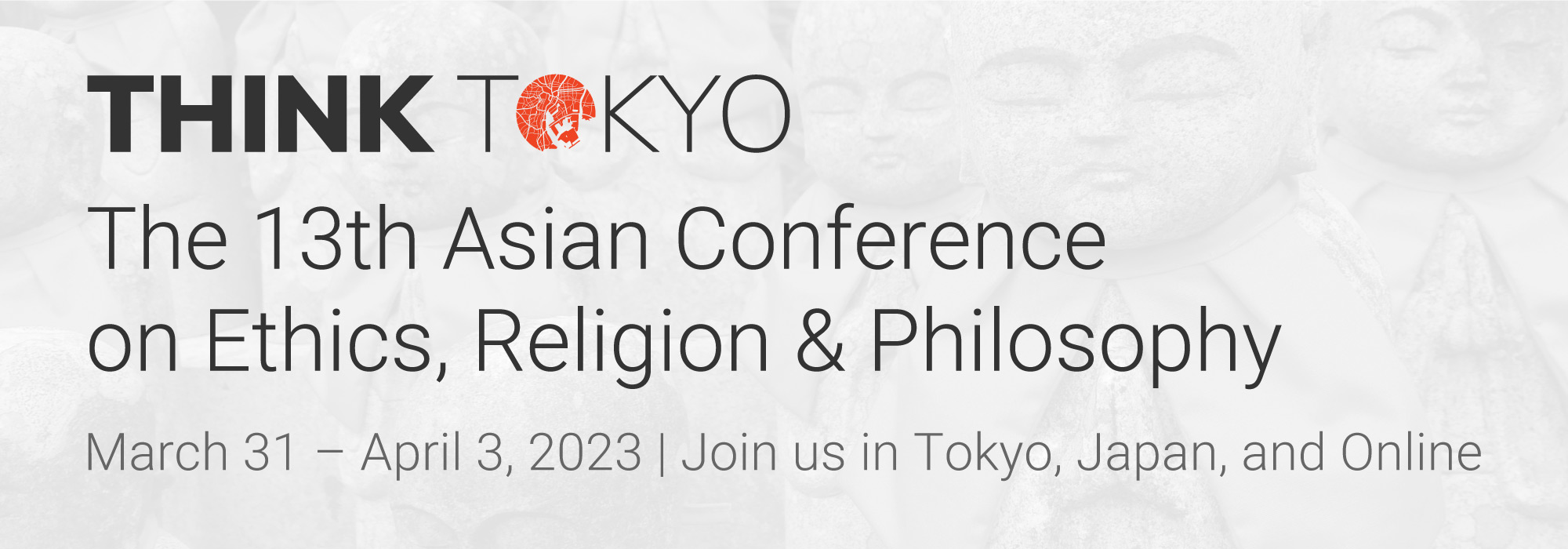Status of E-Inclusion, and Prediction of Social Inclusion Among the Elderly in Taiwan (69200)
Session: On Demand
Room: Virtual Video Presentation
Presentation Type:Virtual Presentation
Digital aging is an essential part of active aging. E-Inclusion means that everyone in society can participate in the information society. In an aging society, whether E-Inclusion affects social inclusion?
The secondary data analysis method was used in this study— the source of original data from the National Development Council(2021). There are 1,745 who are experienced in using the Internet and those aged 65 and above. This study will •To analyze the E-Inclusion status of people over 65.
To analyze the digital abilities and Social Inclusion in ICT use in health、social connection, and subjective well-being of people over 65 and their relationships.
Result:
1. In Taiwan, 86.6% of individuals use the Internet. However, the Internet usage rate of the elderly over 65 years old has not reached 50%, but it has doubled in the past five years.
2. 98% of the elderly who have experience in using the Internet have used the Internet within three months. Data shows that the elderly use the Internet frequently. 83.7% of the elderly use the Internet every day, of which 34% use the Internet every day and for a long time, and 49% use the Internet every day but very often.
3. Elderly people use social communication the most (91.7%), followed by watching videos or listening to music on the Internet (64.6%), and online reading(58.5%).
4. According to Manova's analysis, the ability to use ICT significantly affects health status and social connection; but it has no significant effect on well-being.
Authors:
Carol, Shu Huey Wu, National Taiwan University, Taiwan
Hsin-Chun Chang, Chang Gung University Graduate Institute of Nursing, Taiwan
About the Presenter(s)
Ms Carol, Shu Huey Wu is a University Doctoral Student at National Taiwan University in Taiwan
See this presentation on the full schedule – On Demand Schedule





Comments
Powered by WP LinkPress